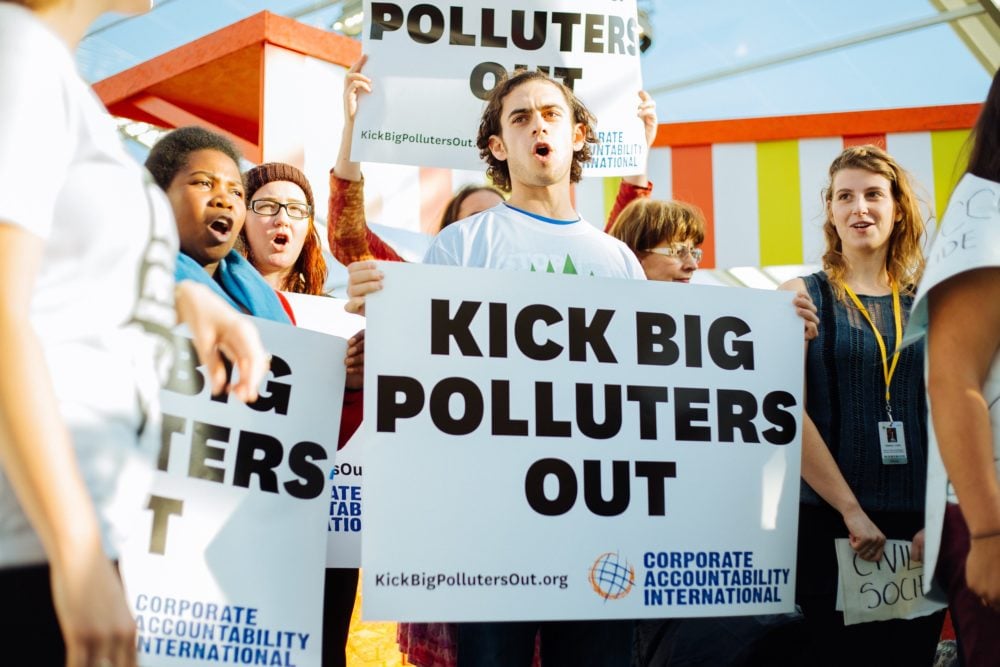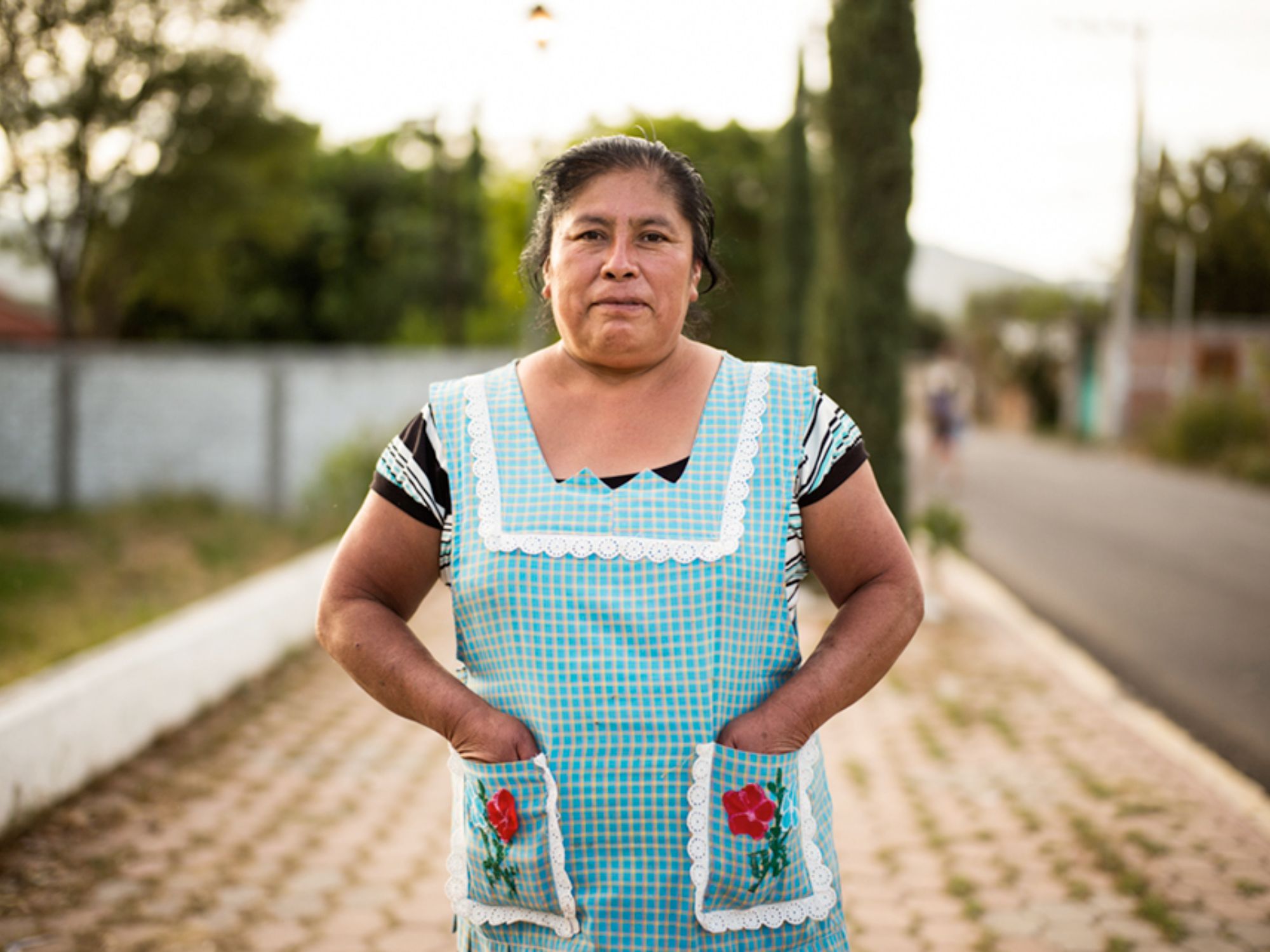Towards COP30: This issue is part of our COP30 advocacy toolkit to expose corporate capture and false climate solutions — featuring the new comic Beyond Green Lies and our latest background note. The newsletter is available in English, Spanish, French, and Arabic.

Detail from the comic Beyond Green Lies: Real Solutions to the Climate Crisis Exist, created by ESCR-Net members in collaboration with artist Lucio Zago.

